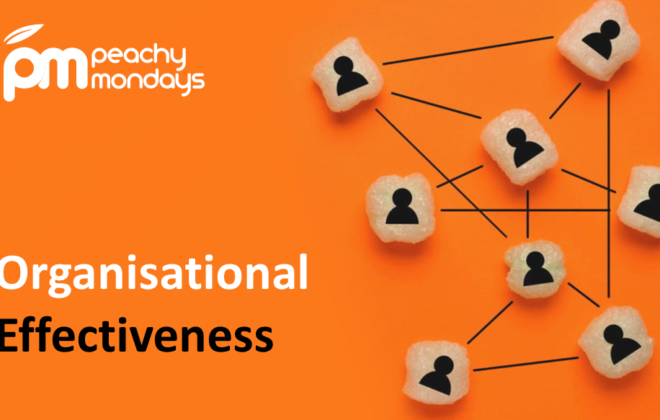Employee experience – old wine in new bottles?
Head of customer success and CIPD Fellow, Donna Hamilton, unpicks the definition of ‘employee experience’ and what it means for employers.
Employee experience. The phrase is everywhere – at HR events, in blogs, case studies, research and HR tech marketing materials. At one HR event recently, a good friend told me “employee engagement is dead, employee experience is the new holy grail.”
Employee experience or employee engagement?
Employee experience is one of those ubiquitous phrases that, like employee engagement, has a variety of definitions drawn from a variety of different perspectives: organisational, leadership, managerial, individual employee, thought-leader, consultant…
An internet search of the definition of employee experience is no less bewildering. For some, employee experience is defined as how employees experience critical moments across the employee lifecycle; from recruitment to onboarding, to performance management, career development and to exit. Others describe the employee experience as how easy it is for an employee to obtain information and navigate the organisation. One writer sums up employee experience as culture – how employees interact with colleagues, technology and with the work itself.
The World Economic Forum’s white paper HR4.0: Shaping People Strategies in the Fourth Industrial Revolution (December 2019) identifies enhancing the employee experience as one of the six imperatives for the workforce of the future. The paper identifies four critical dimensions of the employee experience:
- Connection with colleagues and trust in leadership
- Individual growth and reward opportunities
- Meaningful work that aligns with employees’ values and contributes to a higher purpose
- Occurring in an environment that supports productivity and performance
But wait, these are all drivers of engagement and enablement that were identified in Nita Clarke and David McLeod’s Engaging for Success report to the UK government in 2009, and are widely measured by employee feedback providers, like Peachy Mondays. Does this mean that employee experience and employee engagement are one and the same?
Well, not quite. Employee engagement is the ‘red thread’ that runs through the entire employee journey. It’s an outcome, demonstrated in the behaviours of its workforce. Engaged employees are committed, loyal, enthusiastic and are willing to go the ‘extra mile’ for the organisation. Engagement, therefore, is fundamental at every stage of the employee lifecycle.
Employers: be aware of the mega trends
While the factors that impact how employees experience work are enduring, perhaps it’s the work context that is evolving and needs to be paid attention to. A review of the available literature certainly points to some mega trends that impact employee experience.
#1 Employees are less “sticky” The prevalence of recruitment consultancies, job advertising platforms and high employment rates make it easy for dissatisfied employees to find and secure alternative employment.
#2 Leadership styles need to evolve to adapt to employee as well as organisational needs. The ability to cope with ambiguity, build culture and lead with purpose rather than command and control are critical leadership skills.
#3 HR tools need to be designed for employees rather than HR/the organisation Employees expect the tools that they use at work to be as intuitive as the tools that they use at home. Employees also expect personalised experiences – not one-size-fits-all solutions.
#4 Talent pools now extend beyond organisational boundaries. Back in 1989, Charles Handy predicted the rise of the portfolio worker in his forward-thinking book The Age of Unreason. Many organisations deliver their products and services through a matrix of employees, agency workers, consultants, advisors, partners and suppliers. Does the employee experience need to similarly extend?
#5 The employee experience needs to become a more human experience Many organisations have wellbeing, diversity and inclusion processes and measures in place, but few have truly embedded them in culture and practice.
So, is employee experience new or fundamentally different? I don’t think so, but it is important and it is evolving. It’s exciting to be part of a profession that can have such a fundamental impact on how individuals experience work, and in kind, the gains in organisational performance and productivity that can result.
Related Posts
Categories
- Case Study (13)
- Change and transformation (20)
- Connectedness (4)
- Culture (15)
- Design (10)
- Diversity and Inclusion (1)
- Effectiveness (16)
- Employee engagement (59)
- Employee experience (41)
- Employee Feedback (50)
- Employee Wellbeing (1)
- Events (10)
- Financial Wellbeing (1)
- Happiness (4)
- Internal Communications (9)
- News (24)
- Onboarding (1)
- Organisational Effectiveness (17)
- Uncategorized (3)




